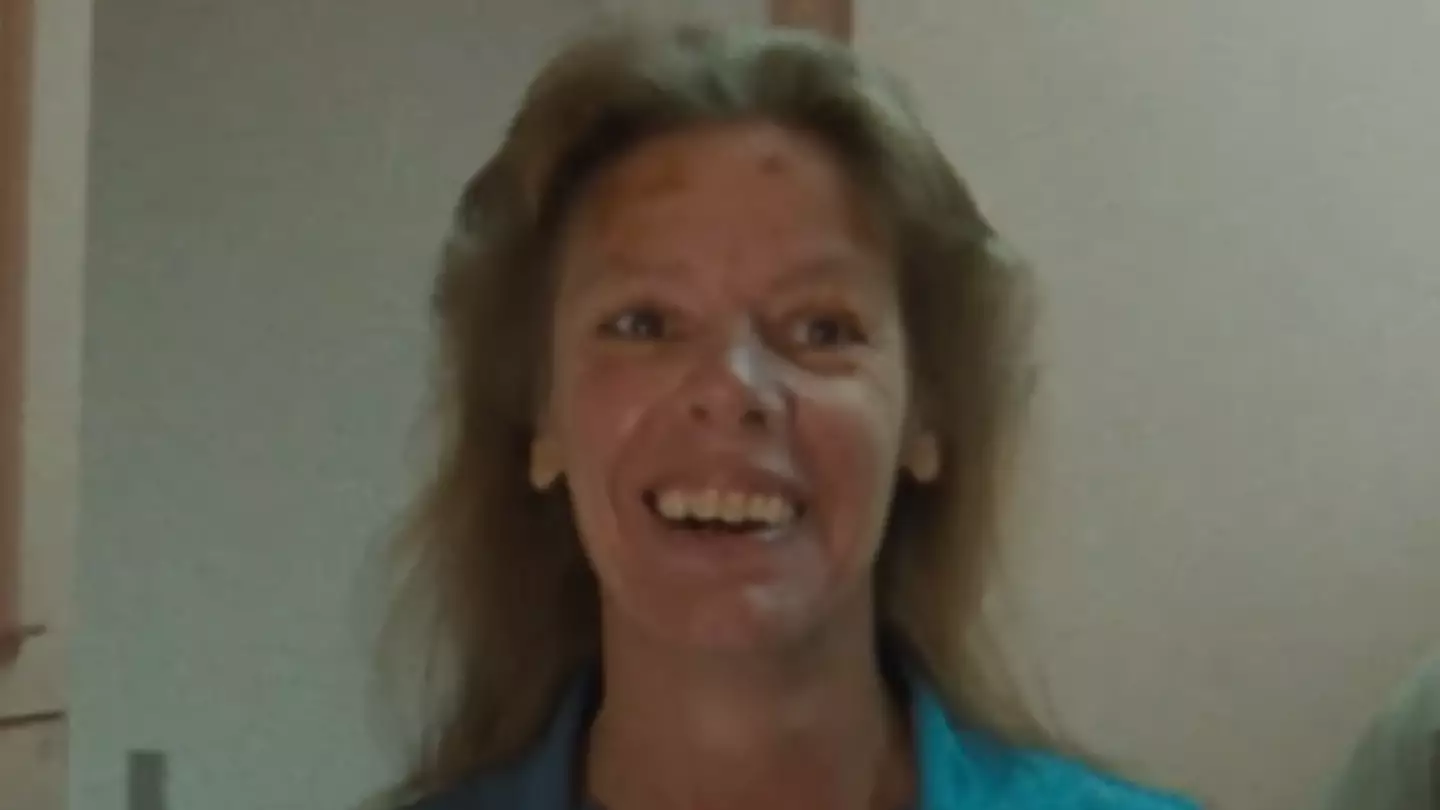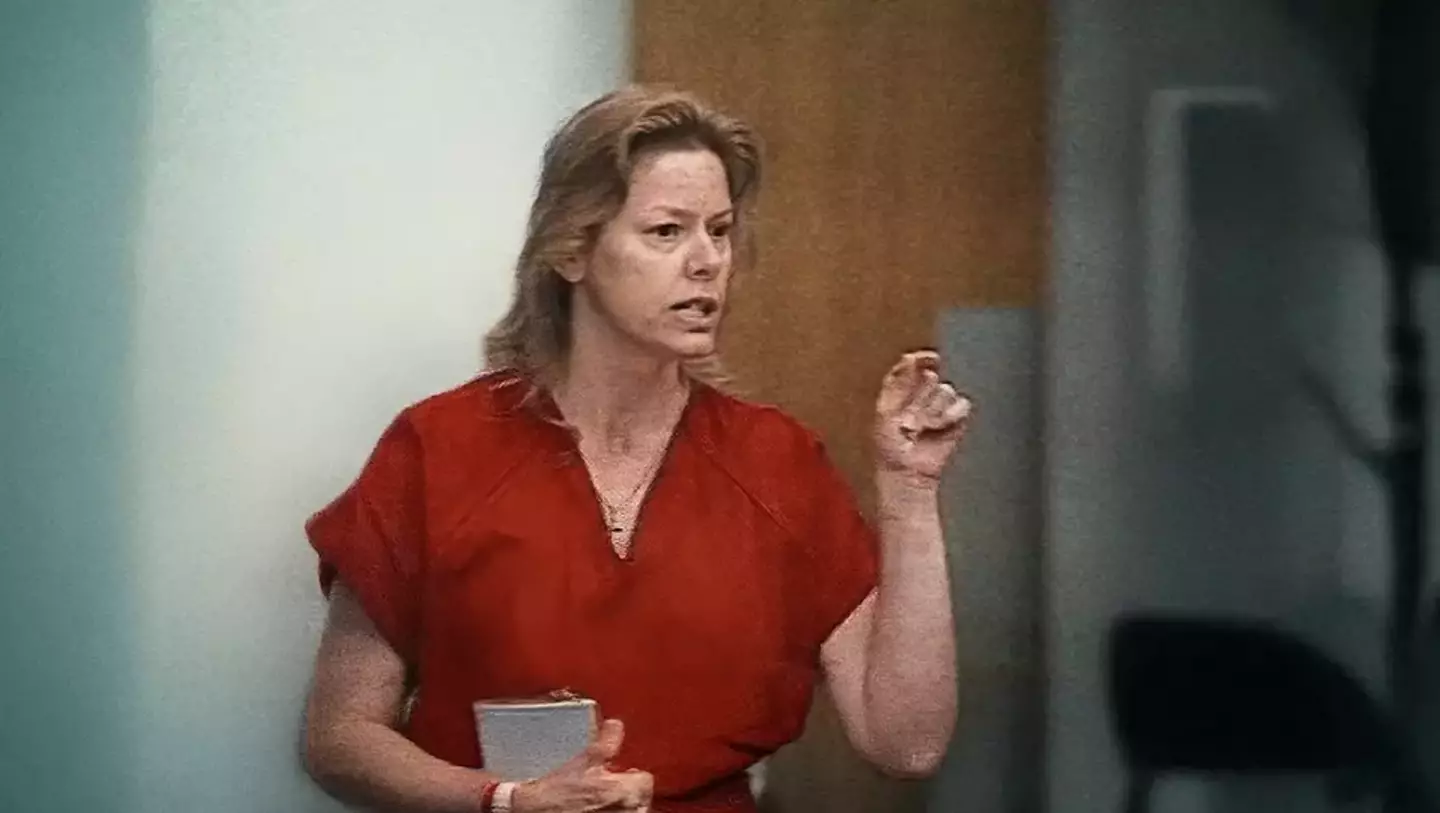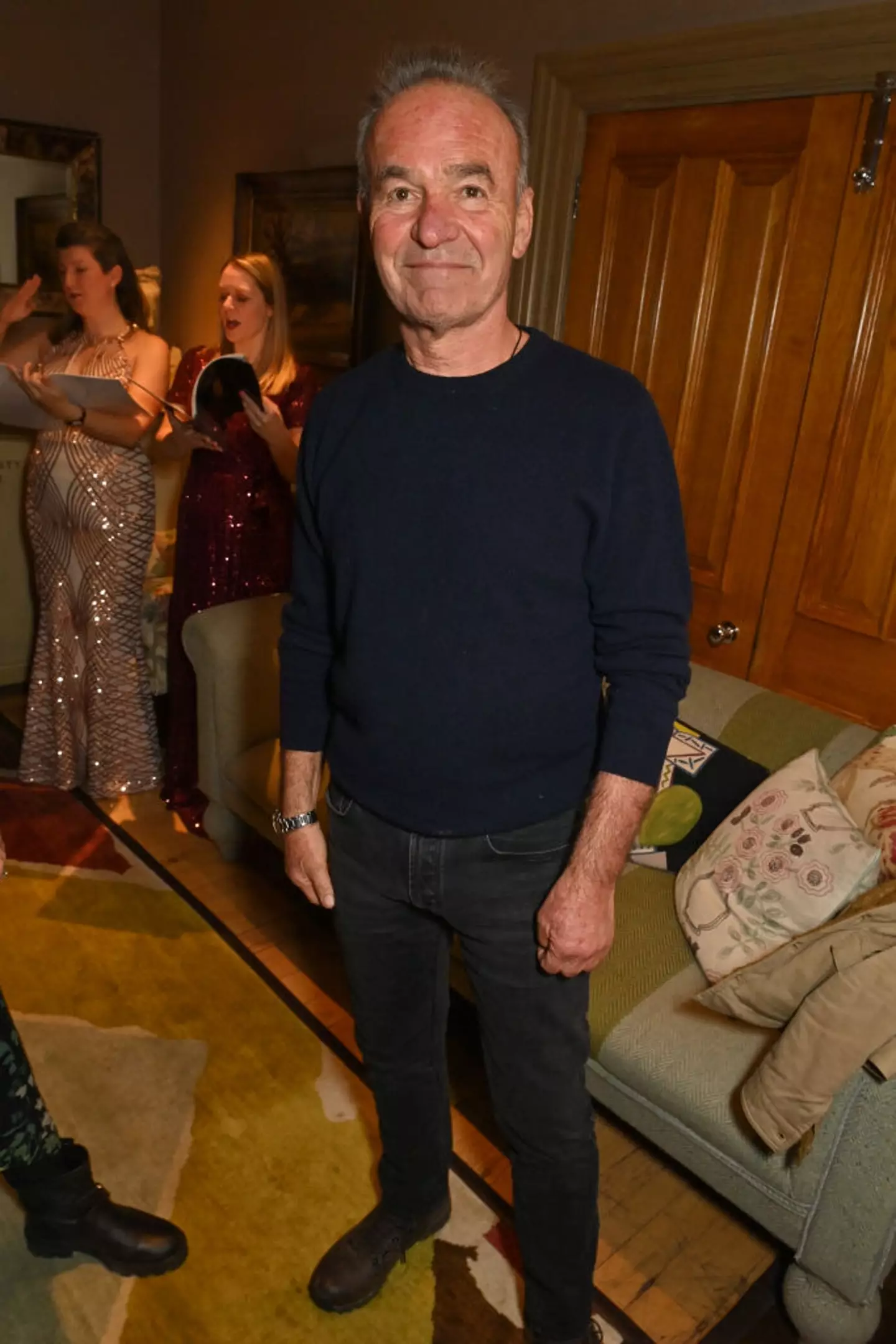
A documentary maker who interviewed Aileen Wuornos, dubbed the 'Queen of serial killers', has explained why he doesn't think she fits the term.
Executed in 2002 for the murders of seven men killed across a year, Wuornos remains one of the most notorious women to face death row in the US.
The 46-year-old's case is back in the news once again following the release of the Netflix documentary, Aileen: Queen of the Serial Killers, which covered topics ranging from her final words to her last meal to her reasoning for killing the seven men.
However, one man who interviewed Wuornos believes she doesn't deserve the title of serial killer at all.
Advert
Filmmaker Nick Broomfield interviewed Wuornos several times while she was behind bars, later releasing Aileen Wuornos: The Selling of a Serial Killer, and has long argued that her mental state should've excluded her from execution.

Speaking about his experience meeting Wuornos in a new interview with The Sun, Broomfield reiterated his belief that she did not meet the criteria for a serial killer in his mind.
The term serial killer is typically applied to anyone who murders more than three people, with the crimes each taking place at different times.
Under this definition, Wuornos would technically be considered a serial killer; however, Broomfield does not feel like the term fully applies to her.
READ MORE
WHERE IS AILEEN WUORNOS' GIRLFRIEND NOW?
"The definition of a serial killer is someone who has a particular way in which they kill people, yeah and it’s almost like a fetish and they generally refine their method over these series of killings," he said.
"Aileen didn’t have anything like that. I don’t see her as a serial killer, not for a moment."
Broomfield also maintains that Wuornos' mental state should've excluded her from the death penalty, adding that she appeared to be 'certifiably insane' to him.

"But that didn’t seem to stop them executing her," he said.
Despite his belief that Wuornos shouldn't have received the death penalty, Broomfield does acknowledge that she'd been unhappy in prison and became more accepting of her death sentence.
"At a certain point when I was making the film she suddenly said ‘I’m guilty," he recalled. "She just wanted to die, I think, being in prison was awful for her."
He continued: "She was mainly in a sort of solitary confinement. When she went out she’d get into fights with the other inmates and she wasn’t that strong."
Topics: Crime, True Crime, Netflix, Mental Health, Documentaries